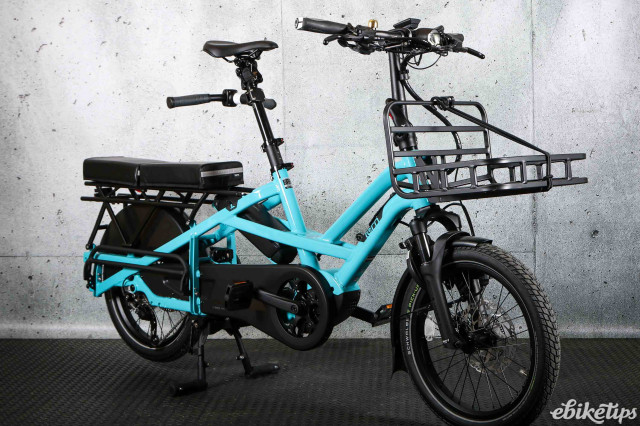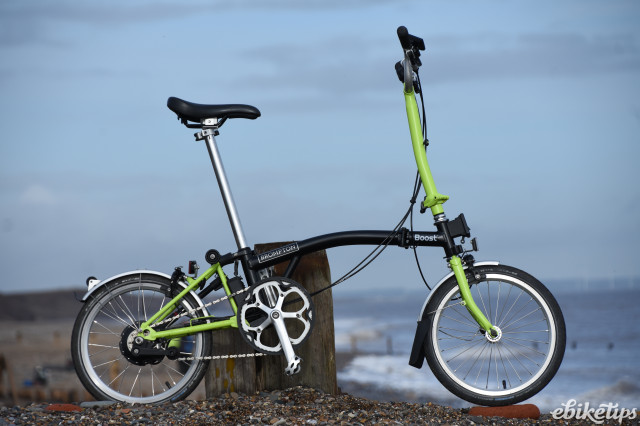A University of Bristol study into the enjoyment levels of e-bike riding among adults with type 2 diabetes has found that “engaging in e-cycling was perceived as an easier way of managing their diabetes than diet or other types of exercise, largely due to the enjoyment of riding”.
The investigation notes that physical activity is a key component in the management of type 2 diabetes, but this population generally has low rates of engagement. Electrically assisted cycling has been identified as a way to incorporate physical activity into daily life, while also overcoming some barriers to cycling.
Both men and women in the study reportedly felt that riding an e-bike positively impacted a variety of health outcomes, including: improved mental health, increased fitness, and diabetes management - through notable decreases in blood sugar levels.
Enjoyment came from being able to ride a bike comfortably due to less physical exertion than a conventional bike, and the ability to ride further, faster and on hillier terrain. High levels of enjoyment also appeared to increase the habit of e-cycling in the sample.
The majority of participants also reported that having e-bike training positively impacted their perceived competence to ride the e-bike over time.
Interviews were conducted with 16 participants from the e-cycling arm of a pilot randomised controlled trial between September 2019 and April 2020. Positively impacting their health was found to be the primary motivation for signing up for the study, rather than environmental concerns.
The study also noted barriers to e-bike riding, with participants most commonly reporting barriers relating to physical opportunity. These included: cycling infrastructure, parking facilities and traffic, time and weather constraints, e-bike specific issues - including weight and size of the bike and cost - and personal health issues.
> E-bikes give a brain boost to older cyclists, according to new study





